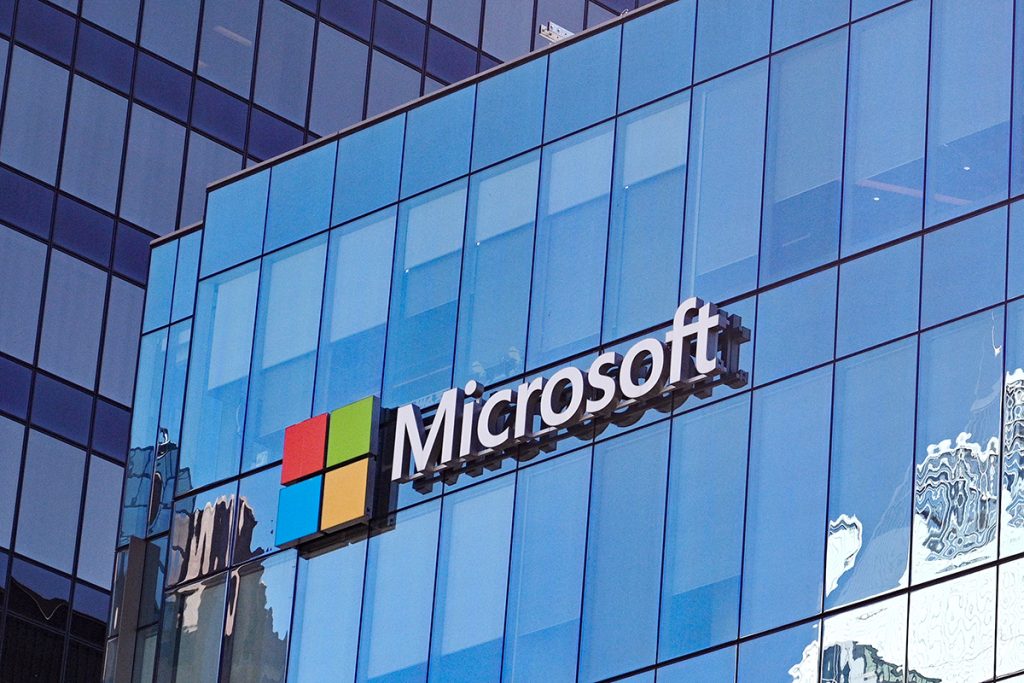In the rapidly expanding landscape of artificial intelligence (AI), Microsoft has come under the scrutiny of federal regulators due to its recent collaboration with AI startup Inflection. The Federal Trade Commission (FTC) has initiated an inquiry to determine whether Microsoft’s partnership with Inflection might constitute an undisclosed acquisition, shedding light on the heightened focus of US antitrust authorities on the flourishing AI sector.
In a move that made waves in March, Microsoft announced the recruitment of Inflection’s co-founders and several employees to lead its Copilot program. Additionally, the tech giant disclosed plans to host Inflection’s AI model on its cloud platform, with reports indicating a significant payment of $650 million to Inflection. While Microsoft has framed the arrangement as a talent acquisition rather than a complete takeover, the FTC’s investigation aims to clarify whether Microsoft fulfilled its disclosure obligations.
This investigation takes place against the backdrop of forthcoming agreements between antitrust regulators at the FTC and the Department of Justice (DOJ) regarding oversight of key players in the AI industry, including Microsoft, Google, Nvidia, and OpenAI. While the specifics of these agreements are still being finalized, it is anticipated that the DOJ will lead the investigation into Nvidia while continuing its scrutiny of Google. Meanwhile, the FTC is expected to focus on investigating Microsoft and OpenAI, with a particular emphasis on potential anticompetitive practices in the AI market.
Microsoft has reiterated its position, asserting that its collaboration with Inflection was primarily aimed at enhancing its Copilot program while allowing Inflection to pursue its own AI ambitions independently. The company remains confident in its compliance with reporting requirements, though the exact nature of these obligations remains undisclosed.
FTC Chair Lina Khan’s warnings about the risks associated with unregulated AI development, such as fraud and scams, highlight the urgent need for regulatory oversight within the sector. Ongoing investigations into Reddit’s AI content licensing practices and OpenAI’s violations of consumer protection laws further underscore the FTC’s proactive approach to regulating the industry.
The division of responsibilities between the FTC and DOJ indicates a concerted effort to closely monitor the AI sector, driven by concerns about job displacement, discrimination, and fraud. While the United States trails behind the European Union (EU) in AI regulation, the FTC and DOJ are gearing up to utilize existing laws to address anticompetitive behavior within the industry.
The soaring stock prices of Nvidia serve as a barometer of the AI boom, underscoring the company’s pivotal role as a leading provider of computing chips essential for training advanced AI models. However, concerns persist about the potential for tech giants to exploit their dominant positions in AI, particularly through exclusive partnerships with AI startups. These partnerships, including Microsoft’s collaboration with OpenAI, are subject to ongoing scrutiny by the FTC, signaling a broader effort to safeguard competition in the burgeoning AI market.
As the DOJ enhances its expertise in AI with the addition of Stanford University professor and AI expert Susan Athey, attention is drawn to historical anticompetitive tactics employed by tech giants. A thorough understanding of past market dynamics, gatekeeping strategies, and supply chain maneuvers will be crucial in shaping future regulatory initiatives aimed at fostering a level playing field in the AI industry.


